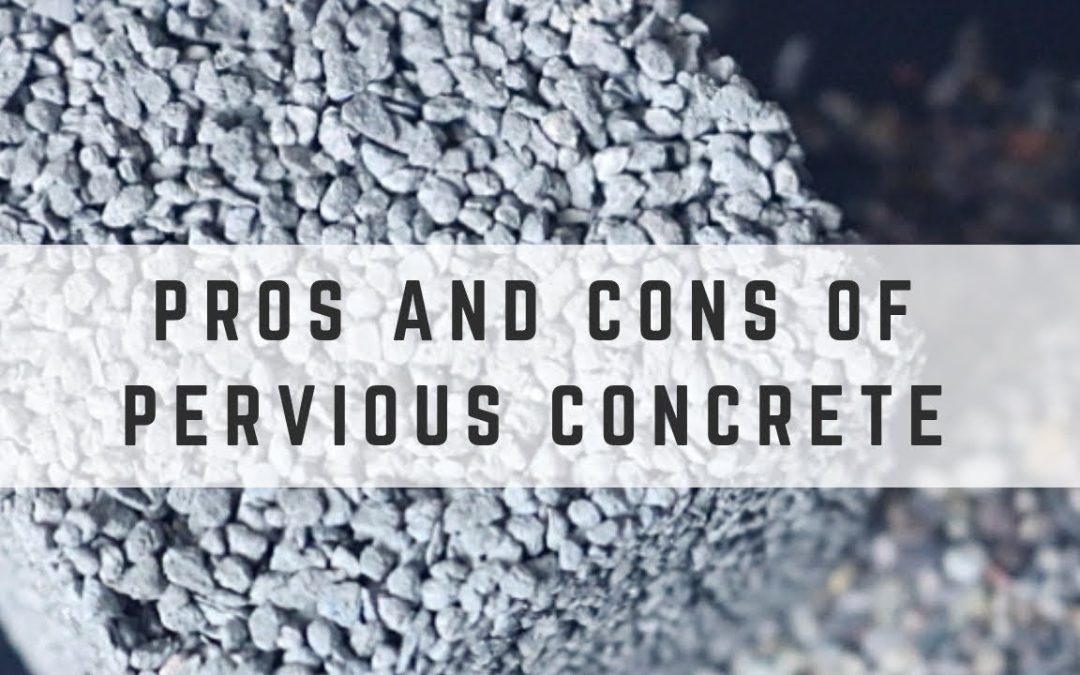Pervious concrete, also known as porous or permeable concrete, is a specialized type of concrete that allows water to pass through its surface, promoting stormwater management and reducing runoff. While pervious concrete offers several advantages, it is important to understand its potential disadvantages before considering it for a construction project. In this guide, we will explore the disadvantages of previous concrete, including its maintenance requirements, limitations in certain applications, potential for clogging, and cost considerations. By being aware of these factors, you can make an informed decision and determine whether previous concrete is the right choice for your specific project.
Disadvantage 1 Regular Maintenance:
One of the main disadvantages of previous concrete is the need for regular maintenance. The porous nature of the concrete allows for the accumulation of debris, sediment, and organic materials within the pavement. Over time, this can lead to clogging and a reduction in the permeability of the concrete. Regular maintenance, such as periodic vacuuming or pressure washing, is required to keep the pores clear and maintain the desired permeability. Failure to perform proper maintenance can result in reduced functionality and the loss of stormwater management benefits.
Disadvantage 2 Limited Applications:
Pervious concrete may not be suitable for all applications. Due to its porous nature, it is not recommended for areas with heavy traffic or high loads, such as industrial or commercial driveways. Pervious concrete is more prone to wear and damage compared to traditional concrete, making it less suitable for areas subjected to heavy vehicular traffic. Additionally, it may not be suitable for surfaces that require a smooth or decorative finish, as the exposed aggregate appearance is characteristic of previous concretes.
Disadvantage 3 Potential for Clogging
While pervious concrete is design to allow water to pass through, it is still susceptible to clogging. Accumulation of fine particles, sediment, or debris can obstruct the pores and reduce the permeability of the concrete. Factors such as nearby trees shedding leaves, soil erosion, or improper installation can contribute to clogging issues. Regular maintenance, as mentioned earlier, is crucial to prevent clogging and ensure the desired functionality of the previous concretes. However, it is important to note that despite regular maintenance, some level of clogging may still occur over time.
Disadvantage 4 Cost Considerations
Pervious concrete can be more expensive than traditional concrete due to the specialized mix design and installation requirements. The need for additional materials, such as admixtures or fibers, and the extra labor involved in the installation process contribute to the increased cost. Moreover, the regular maintenance required to keep the previous concretes functional adds to the overall expenses. It is essential to carefully consider the project budget and evaluate the long-term benefits and costs associated with previous concretes before making a decision.
Conclusion
While pervious concrete offers numerous benefits in terms of stormwater management and environmental sustainability, it is important to be aware of its potential disadvantages. Understanding the need for regular maintenance, limitations in certain applications, potential for clogging, and cost considerations will help you make an informed decision when considering previous concrete for your construction project.

